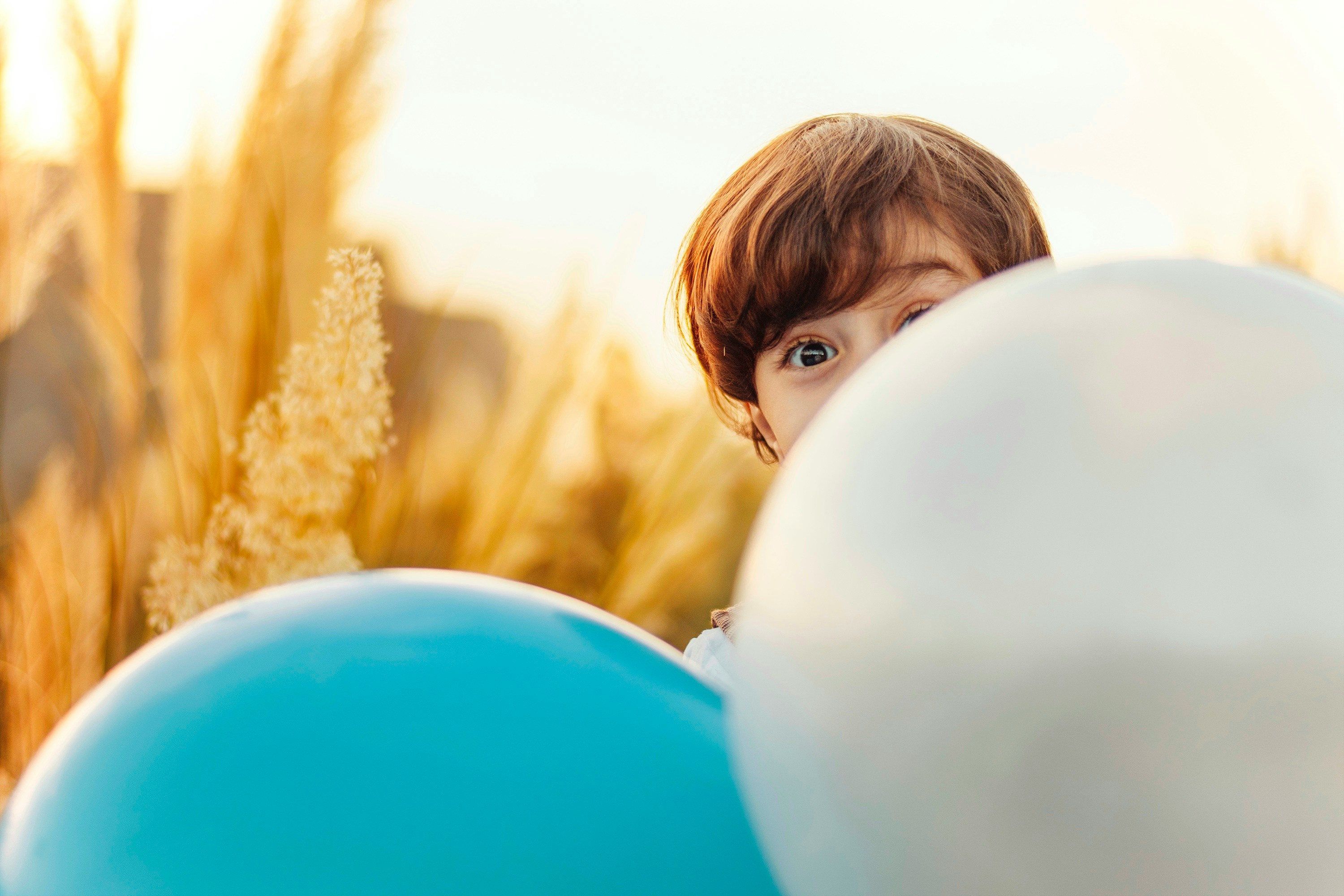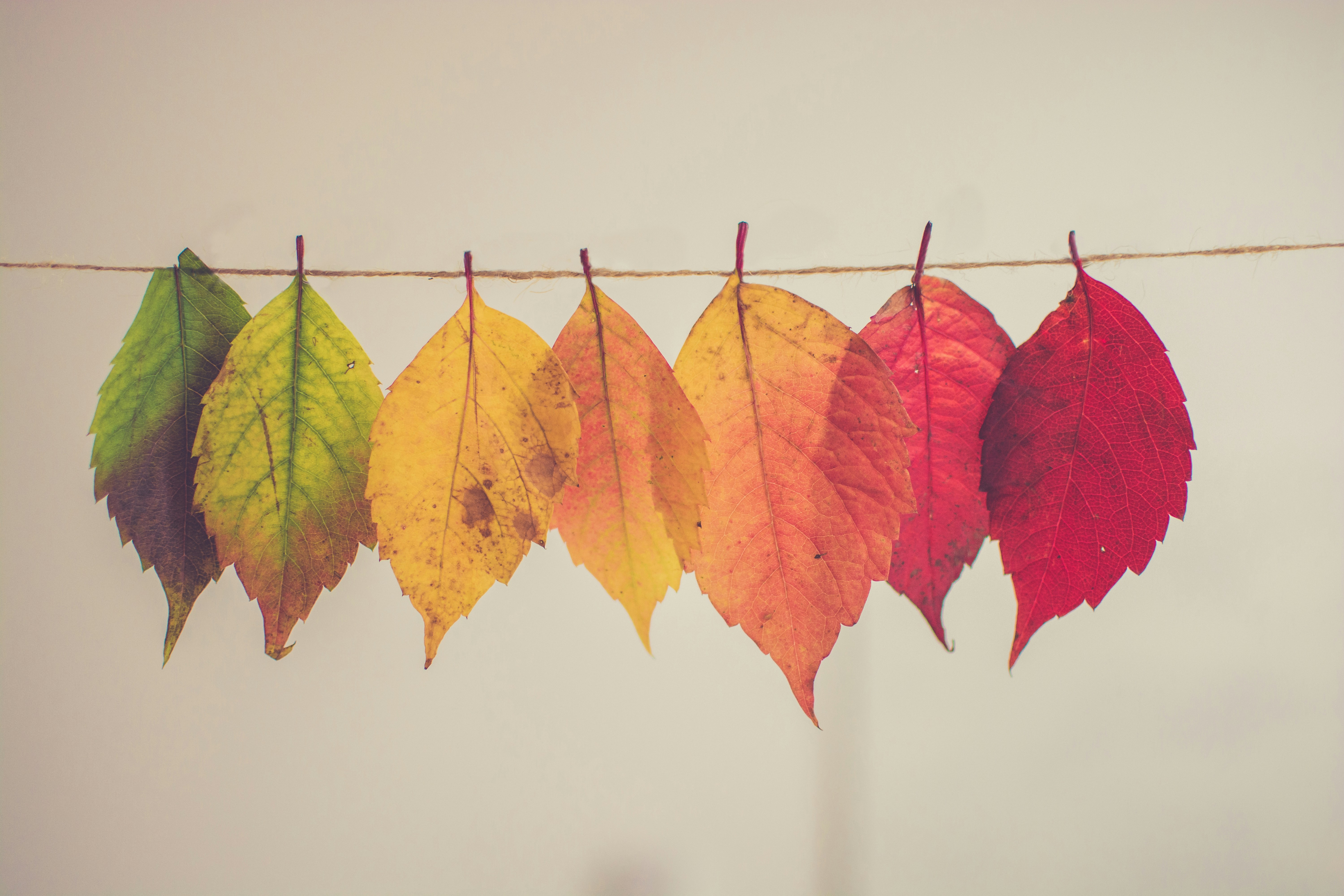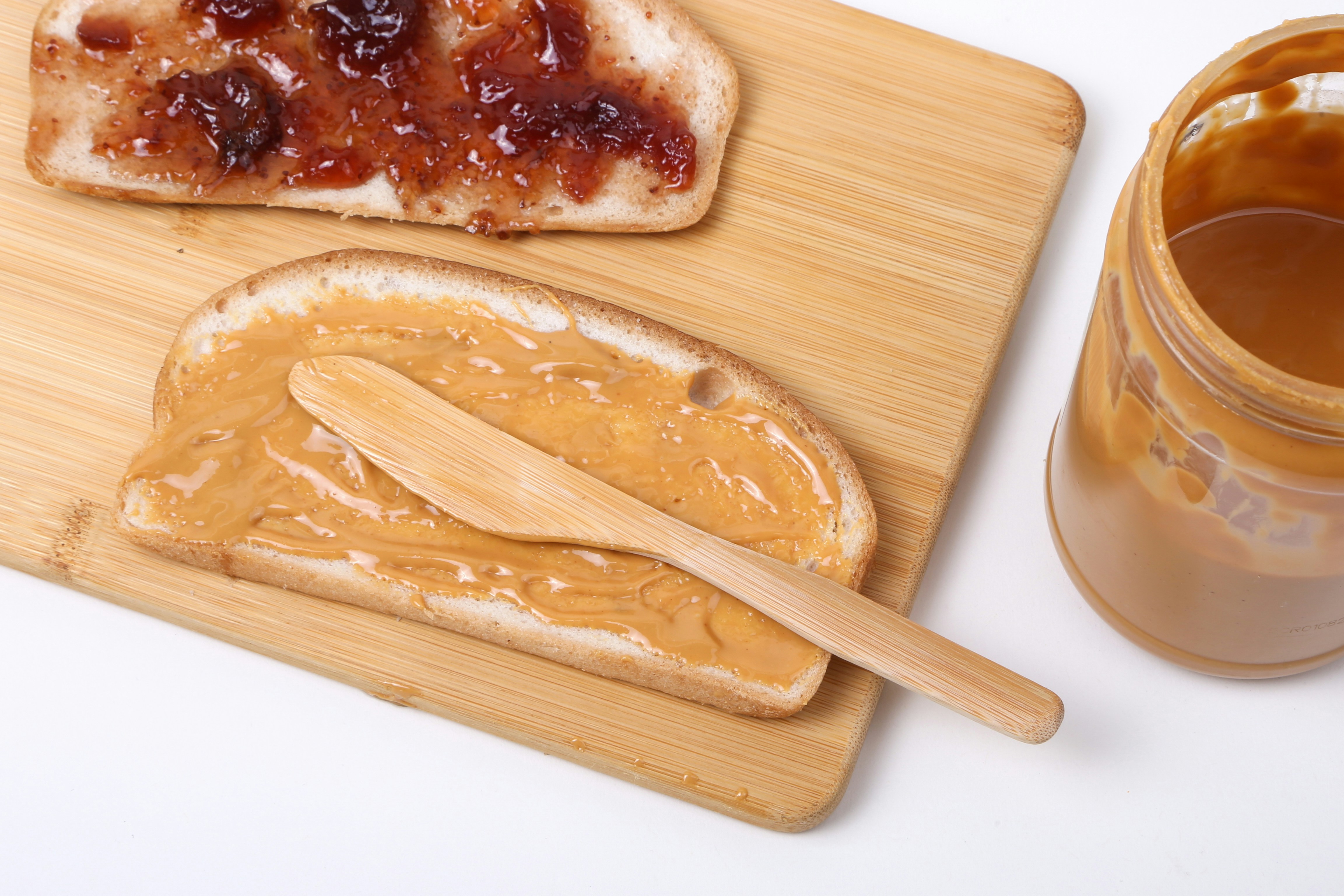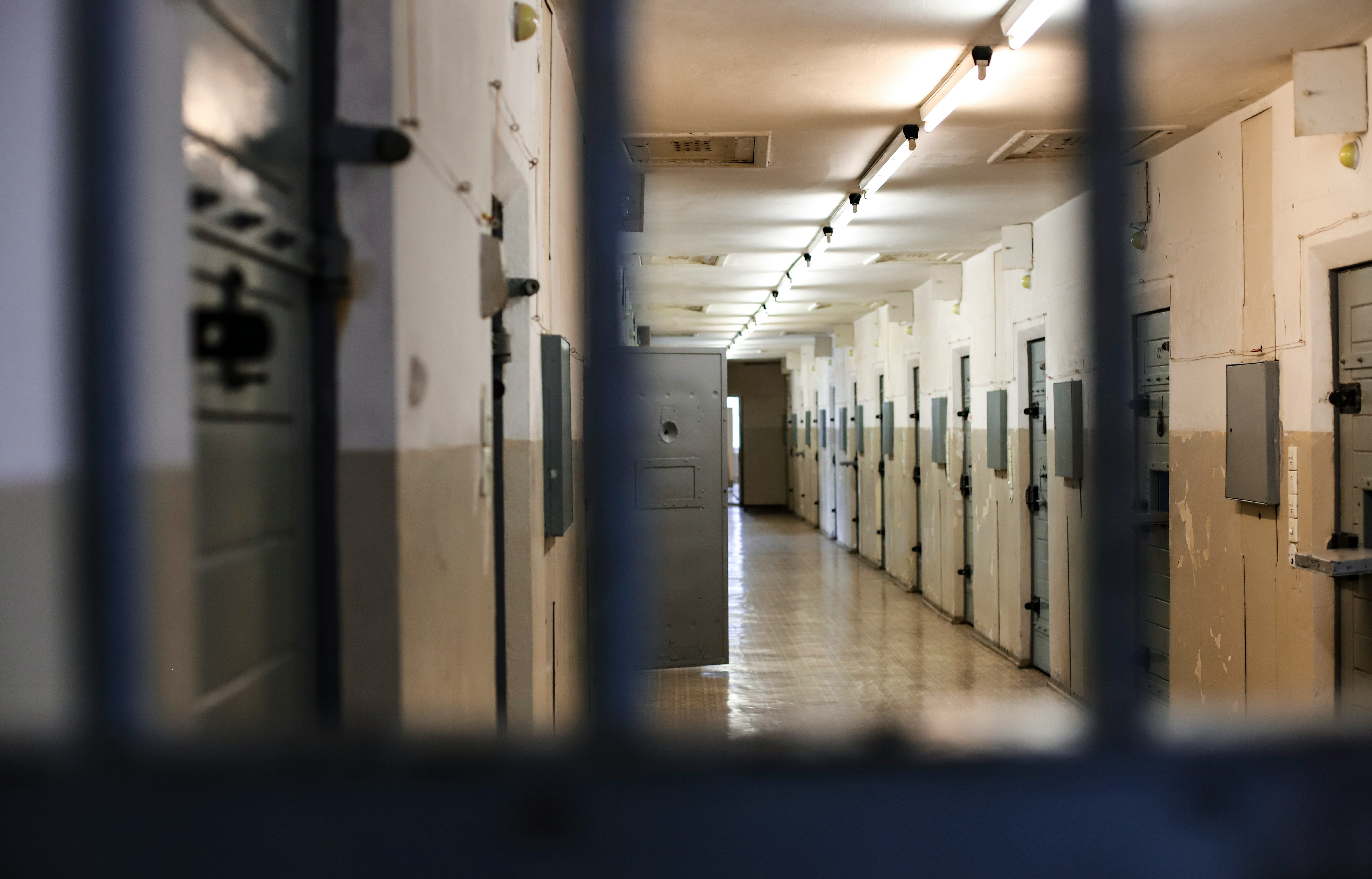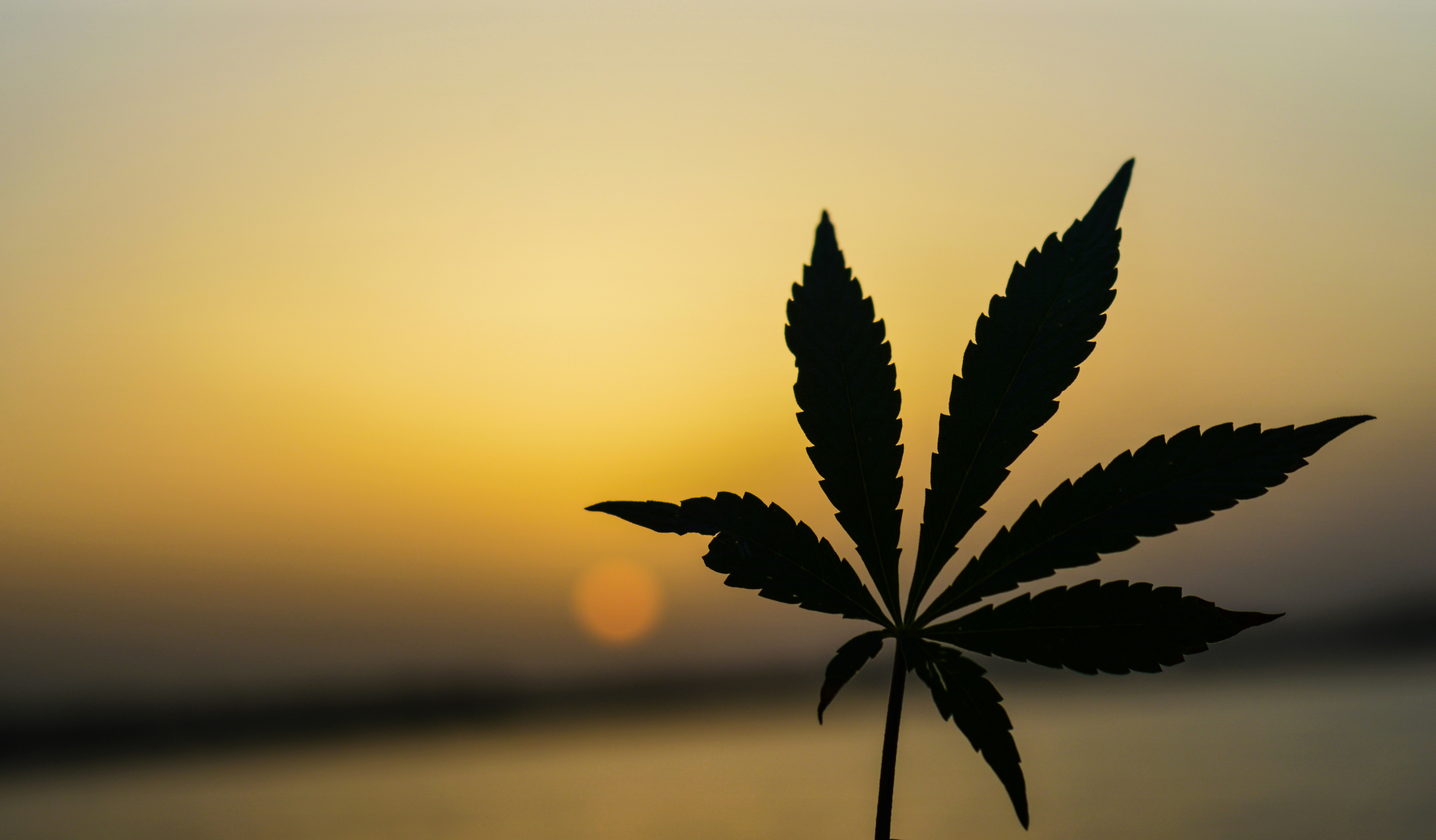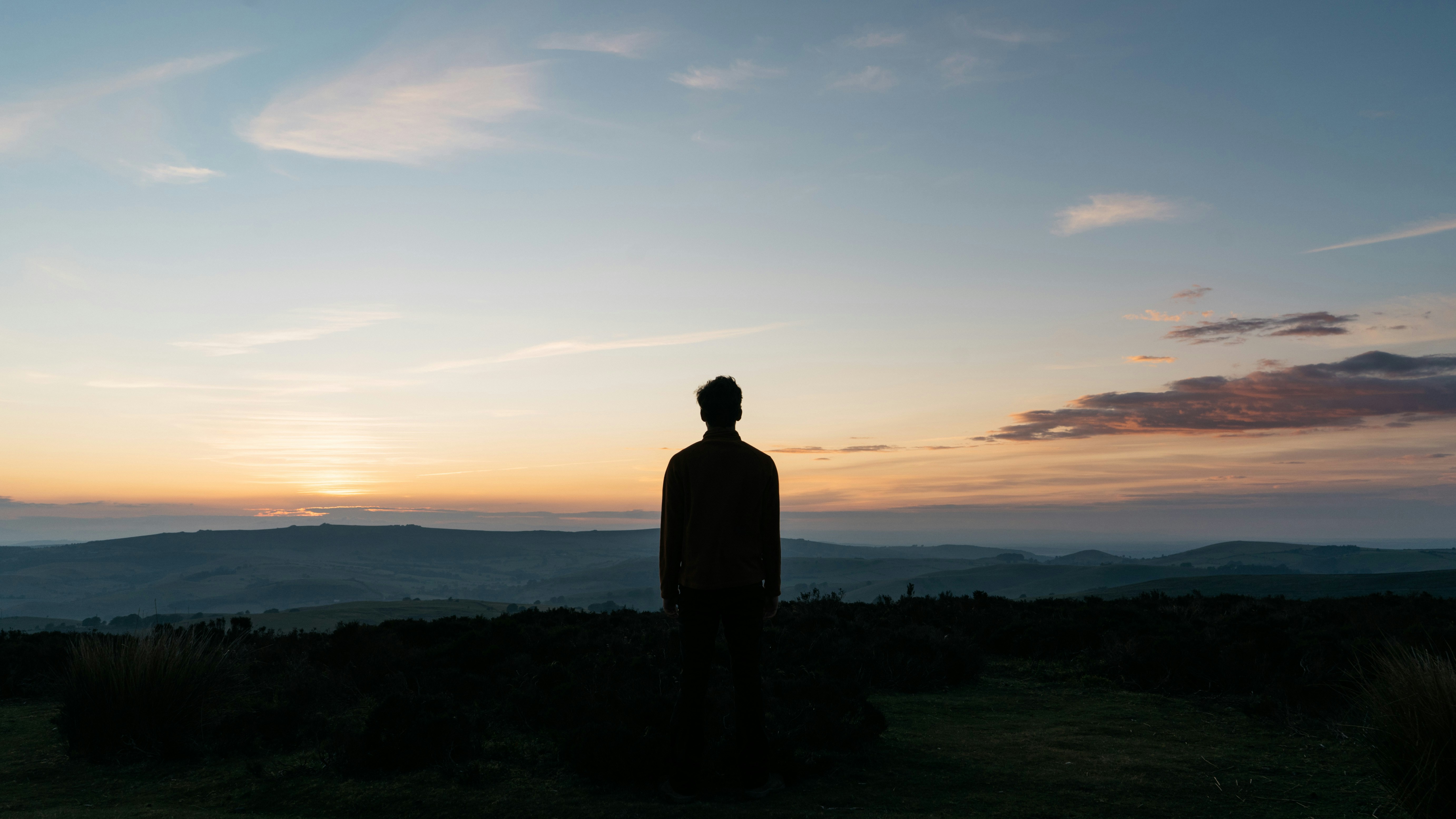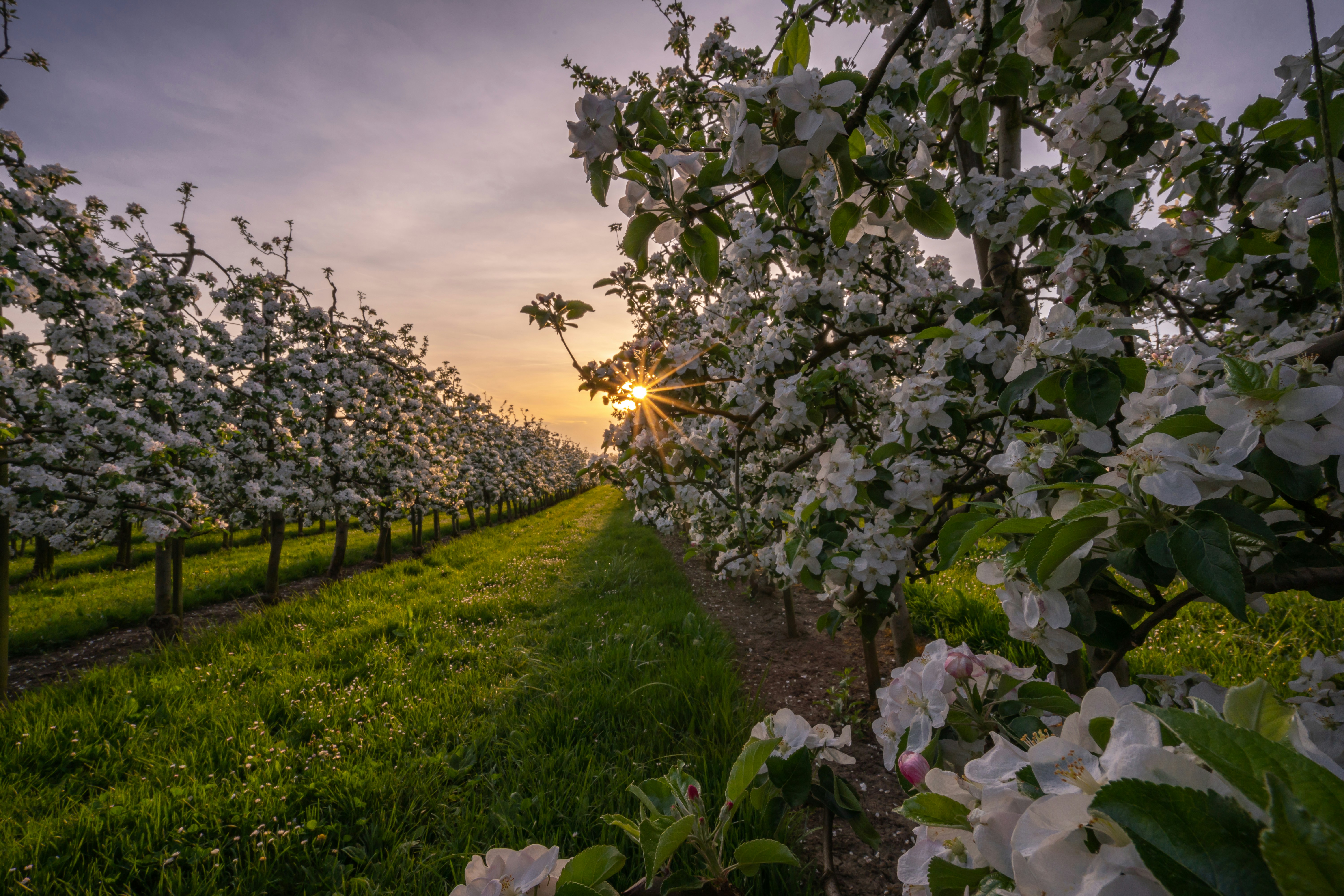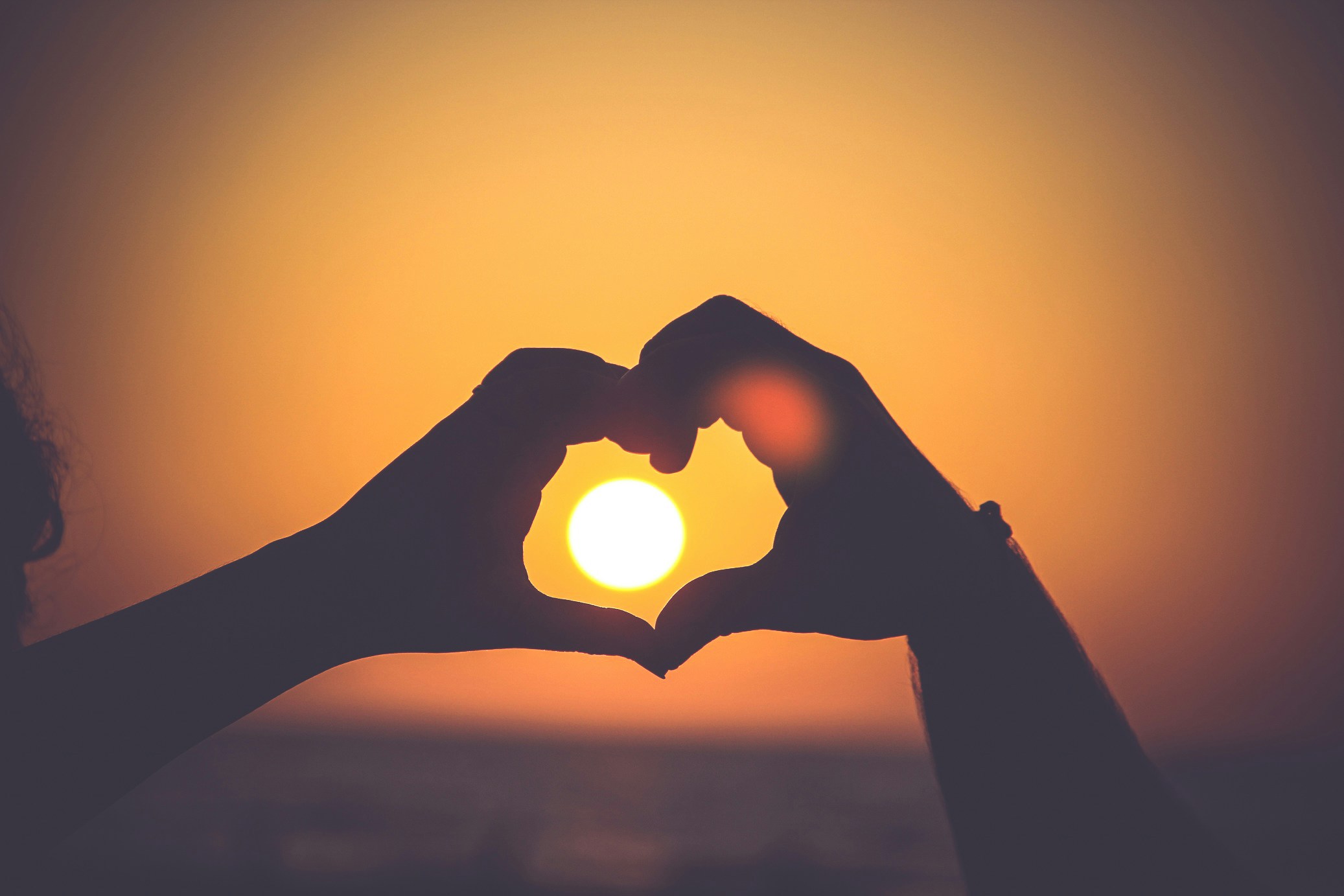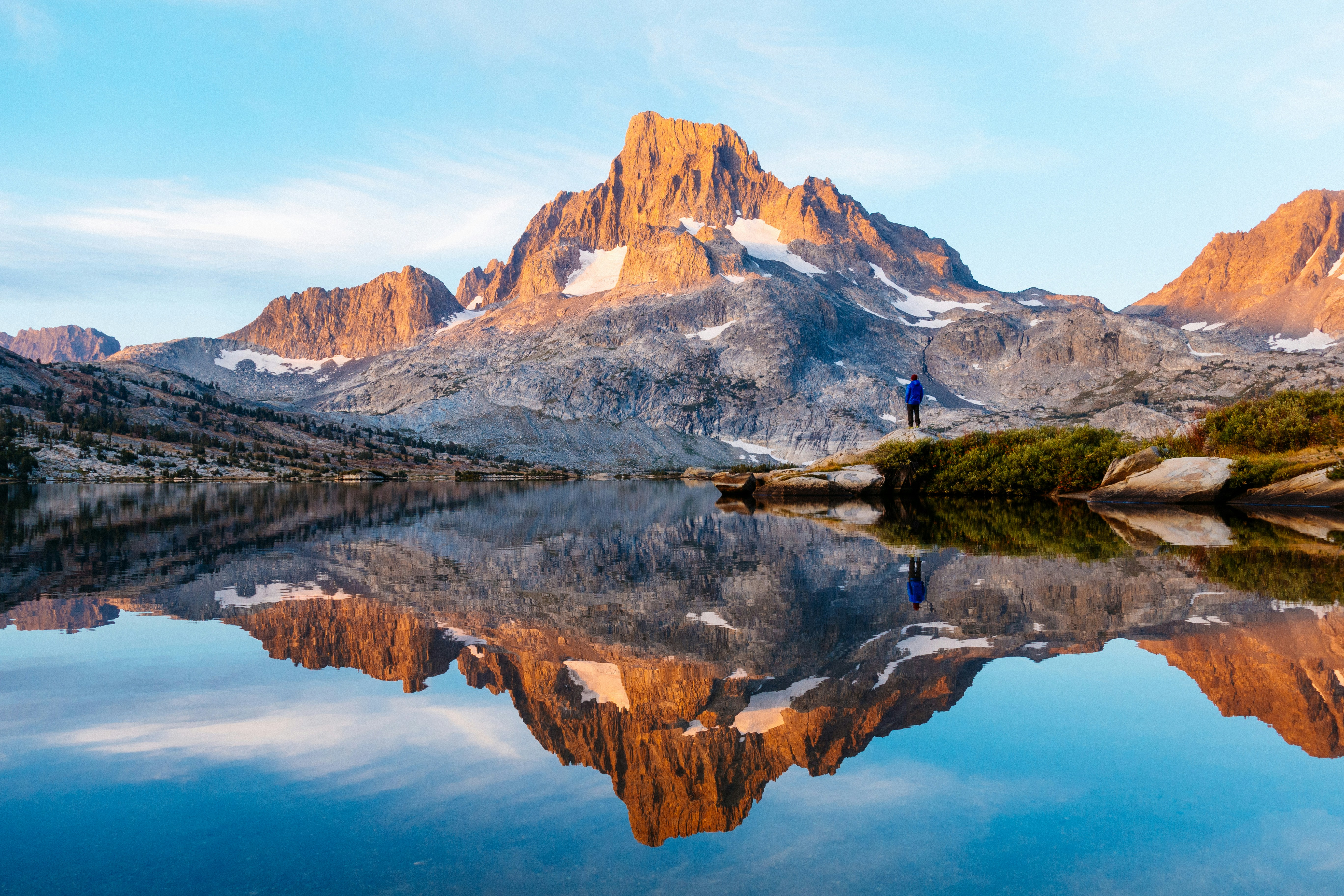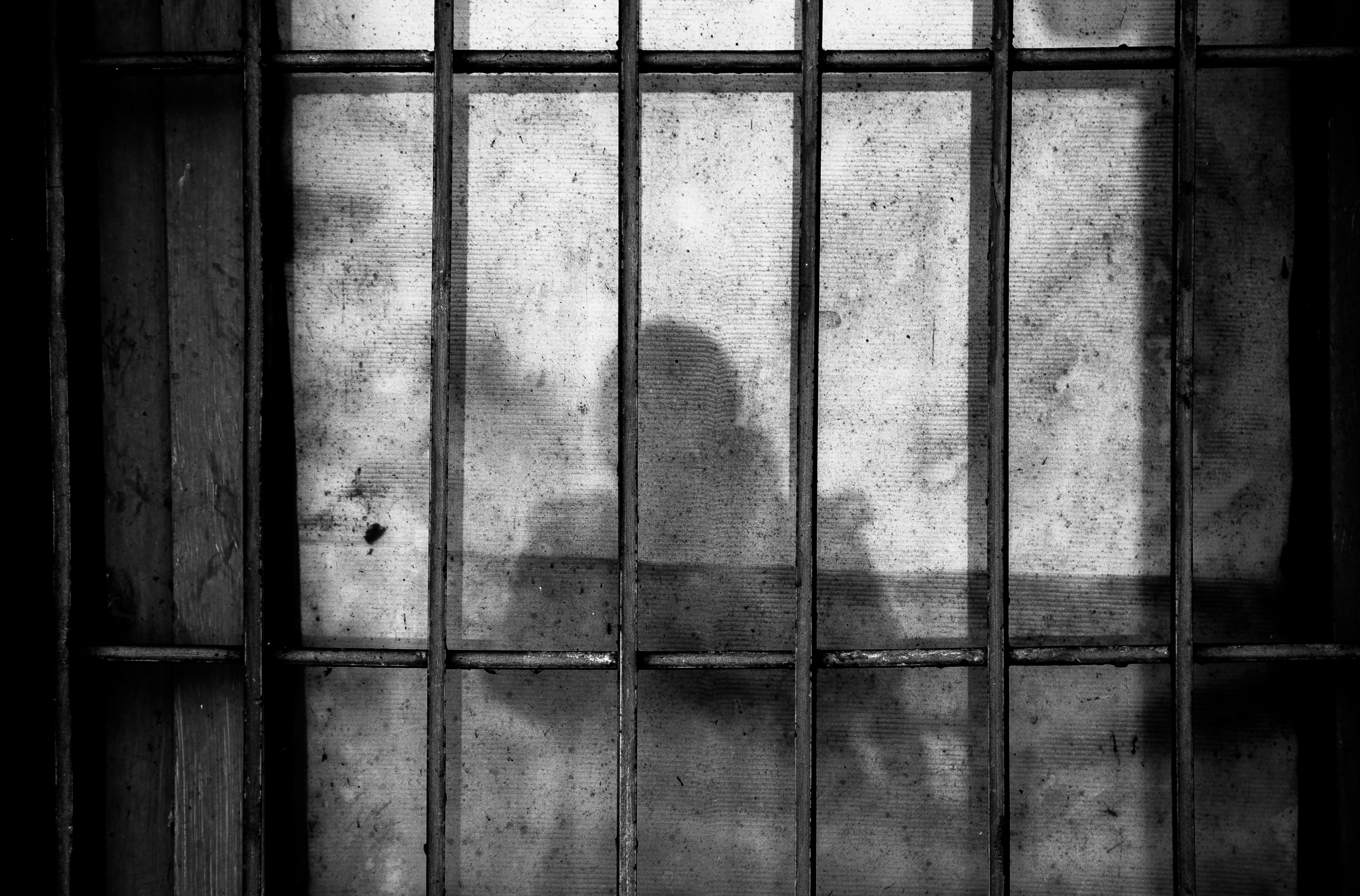Below is a series of tales related to my hike of the John Muir Trail at age 16. The trek strongly influenced how I came of age and—much later—the development of my body-based spirituality.
The working title of this incomplete memoir is: ‘Labyrinth’.
“The labyrinth is thoroughly known…where we had thought to find an abomination, we shall find a god. And where we had thought to slay another, we shall slay ourselves. And where we had thought to travel outward, we shall come to the center of our own existence.” —Joseph Campbell



